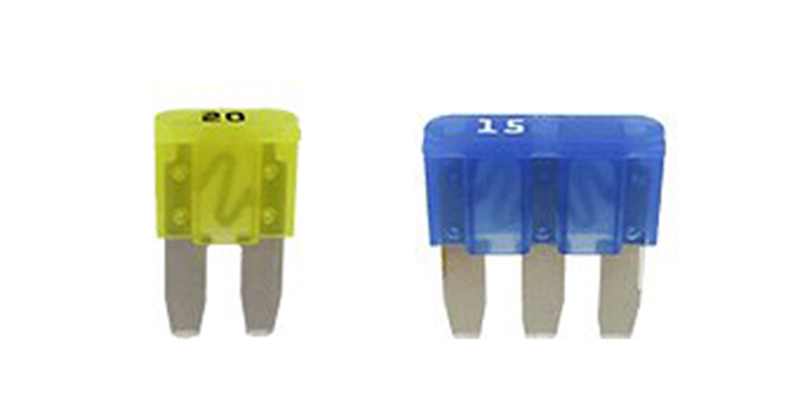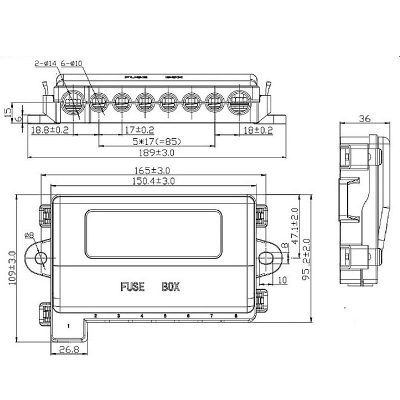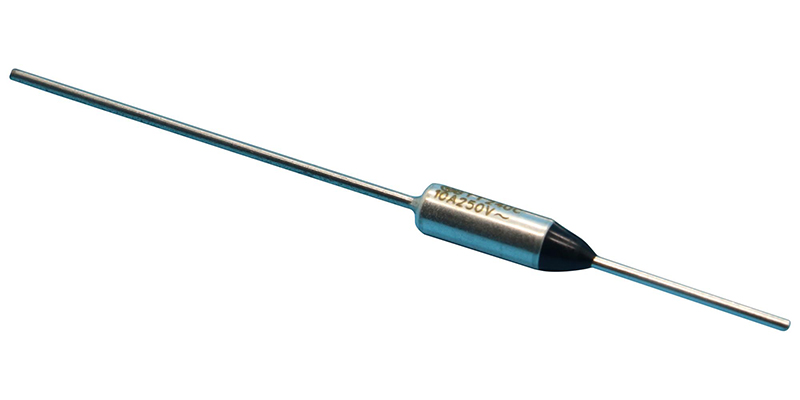Critical Role of Automotive Fuses in Sustaining Power to Sensors and Actuators in Vehicle Braking Mechanisms
News 2025-10-24
In modern automotive braking systems, uninterrupted power to sensors and actuators is essential for reliable performance and safety. Auto fuses serve as critical protectors, safeguarding circuits from overcurrent events while ensuring consistent power delivery. This is particularly important in systems like anti-lock braking (ABS) and electronic stability control (ESC), where any disruption could lead to compromised vehicle handling and increased accident risk. By focusing on specialized fuse designs, this article highlights their importance in maintaining operational integrity under demanding conditions.

Application Scenarios
Auto fuses find extensive use in various braking system setups across different vehicle types. In conventional cars, they protect sensors that monitor wheel speed and actuators that adjust brake pressure in ABS during sudden stops. Electric and hybrid vehicles rely on these fuses to secure power lines in regenerative braking systems, where energy recovery must occur seamlessly. Additionally, in advanced setups like autonomous driving, fuses ensure the stability of sensor networks and actuator controls for features such as automatic emergency braking, enhancing overall system responsiveness in real-world scenarios.
Performance Advantages
These auto fuses offer distinct performance benefits that make them indispensable in braking applications. Their rapid response to faults helps isolate issues quickly, reducing the potential for widespread system damage and maintaining continuous operation. Built with robust materials, they withstand extreme temperatures, vibrations, and corrosive environments typical of automotive use, leading to extended service life. Moreover, precise current handling capabilities minimize energy loss and prevent unnecessary interruptions, supporting efficient and safe braking performance in diverse driving conditions.
Installation and Maintenance
Effective installation and upkeep are vital for maximizing the benefits of auto fuses in braking systems. Proper placement in accessible locations allows for swift replacement during faults, minimizing downtime. Regular checks can detect early signs of degradation, ensuring long-term reliability. Vehicle manufacturers provide specific guidelines for fuse selection and integration, tailored to system voltages and current demands, which helps optimize protection without affecting performance.
1、What is the primary function of an auto fuse in braking systems?
Answer: It protects against overcurrent by breaking the circuit, ensuring sensors and actuators maintain power for safe operation.
2、How do auto fuses contribute to vehicle safety?
Answer: By preventing electrical failures, they keep braking components functional, reducing the risk of accidents in critical situations.
3、Why are specialized fuses important for modern braking systems?
Answer: They are designed to handle specific automotive stresses, providing reliable protection and longevity compared to standard fuses.


